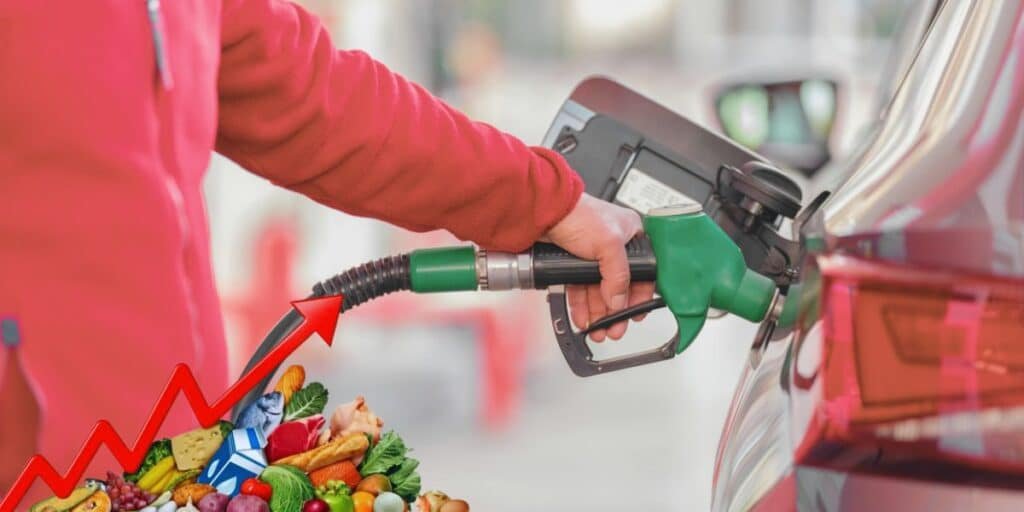WEBDESK: The Federal government of Pakistan has raised the petrol price in Pakistan to Rs5.36 per litre and high-speed diesel (HSD) to Rs11.37 per litre with immediate effect across the country due to the call of an increase in international crude oil rates. The Government of Pakistan has declared the next round of fuel prices as the petrol has been increased by Rs5.36 per litre and the high-speed diesel (HSD) by Rs11.37 per litre, and prices will be applied from July 16, 2025.
It is a regular fortnightly price increased by the government and it was carried out based on Oil and Gas Regulatory Authority (OGRA) recommendations. It arrives at a time when the international price of crude oil had been progressively rising and the Pakistani Rupee keeps on depreciating against the US Dollar, which have considerably hiked the cost of the imported fuel.
Petrol price in Pakistan: New rates
The newpetrol price in Pakistan has risen to Rs272.15 per litre as compared to the previous rate of Rs266.79 and the new price of HSD has also increased to Rs284.35 as compared to the previous price of Rs 272.98 with this new change.
It is also the third time in a row that petroleum products should be increased in a span of one month and this is an indication of the pressure mounting on the economy of the country and the energy import bill.
The ultimate retail anvil prices still continue to be high even though the government has opted to keep the general sales tax (GST) at zero per cent on fuel because of other numerous charges that are further imposed on consumers.
These comprise the Petroleum Development Levy (Rs78.02 per litre petrol and Rs77.01 per litre diesel), the Climate Levy, the custom duties, the inland freight equalization margins as well as the dealer commissions.
All these contribute a lot to the ultimate cost which is availed to the consumers at the pump. The sudden increase in the cost of high-speed diesel is particularly alarming bearing in mind that diesel enjoys great use in the area of public transport, freight transportation, as well as in agriculture.
This is bound to increase the cost of transportation, increase food prices, and also cause an even greater inflation on basic goods and services thereby subjecting already challenged households and small business enterprises.
Much to the concern of economic analysts, the repeated rise in fuel prices has had an accumulative effect, and unless something is done in the form of relief measures or selective subsidies toward lower and middle-income groups, the cost-of-living crisis in the country would likely worsen.
Fuel price adjustments have become an important instrument and this is because as the government attempts to balance its fiscal deficits and hit its revenue targets especially in its agreements with international financial institutions, fuel price adjustments follow directly on the citizens.
Read more: Rabeeca Kashif Khan’s wedding vs Ambani’s: Claim or only celebration?






